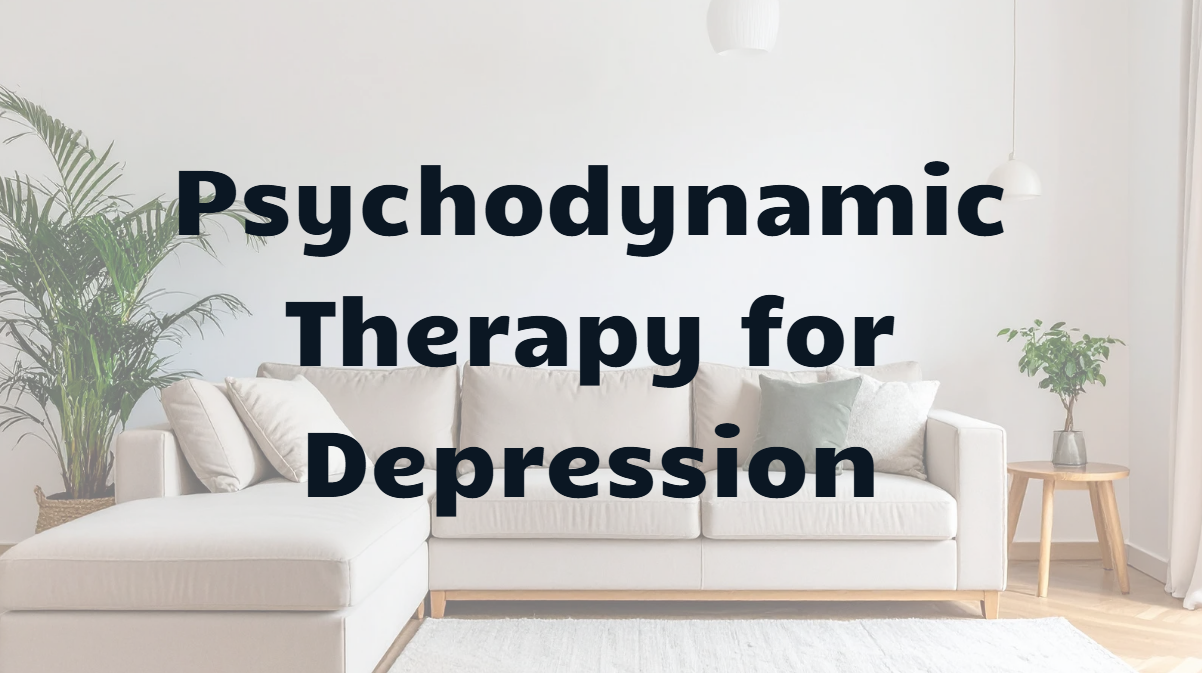One in three adults in the United States suffers from a chronic disease—and many don’t realize it until the symptoms become serious. The hard truth? Most of these conditions are avoidable. Preventing chronic diseases like heart disease, diabetes, and high blood pressure is possible, but it requires early awareness and action. These illnesses often develop quietly, and by the time symptoms show up, treatment is harder, costlier, and more emotionally exhausting.
The good news is that you have the power to act now. In this blog, we’ll explore what chronic diseases really are, how delaying care can lead to serious consequences, and why preventing chronic diseases early is essential for long-term well-being. You’ll also learn practical steps for preventing chronic diseases starting today—because your future health depends on what you do right now.
What Are Chronic Diseases?

Chronic diseases are long-lasting health conditions that often progress slowly and can impact a person’s quality of life over time. These illnesses typically require consistent medical care and may interfere with everyday activities. Unlike acute conditions, which are short-term, chronic diseases can last for years—or even a lifetime—if not properly managed.
Some of the most common chronic diseases include:
- Cardiovascular Disease: Includes heart disease and stroke, often related to lifestyle factors like diet, exercise, and smoking.
- Diabetes: A condition where the body has trouble regulating blood sugar levels.
- Chronic Respiratory Diseases: Such as asthma or chronic obstructive pulmonary disease (COPD), which affect breathing.
- Cancer: A group of diseases involving abnormal cell growth with the potential to spread to other parts of the body.
- Arthritis: Causes inflammation in the joints, leading to pain, stiffness, and decreased mobility.
According to the CDC, 6 in 10 adults in the U.S. have a chronic disease, and 4 in 10 have two or more. This isn’t just an aging problem. Many chronic conditions begin in early adulthood and slowly progress.
Chronic illness doesn’t just affect physical health. It impacts your emotional wellbeing, productivity, relationships, and overall quality of life. Many people with chronic conditions experience depression, anxiety, and social isolation as a result of their health issues.
The Cost of Waiting
Delaying preventive care or ignoring warning signs doesn’t make them go away. In fact, the longer you wait, the more complex and costly the problem becomes.
Health Consequences
Minor symptoms can escalate into major conditions:
- Occasional high blood pressure can lead to heart failure.
- Prediabetes can silently progress into full-blown diabetes.
- A sedentary lifestyle can cause weight gain, joint problems, and metabolic disorders.
Financial Impact
Preventing a disease is far less expensive than treating one. Medications, hospital stays, specialists, and time off work quickly add up. According to studies, every $1 spent on preventive care can save over $5 in long-term healthcare costs.
Emotional Toll
Watching your health decline—or that of a loved one—can lead to feelings of helplessness, guilt, and stress. These emotional burdens often go hand-in-hand with the physical ones.
Preventing Chronic Diseases: What Early Prevention Looks Like

Preventive care is much more than just getting a yearly physical—it’s a lifestyle approach built on intentional, everyday choices that protect your health in the long term. By taking small but consistent actions, you significantly lower your risk of developing chronic diseases or catching them early when they’re most treatable. Here’s what early prevention really looks like:
Routine Checkups
Staying in regular contact with your healthcare provider helps catch issues before they escalate. Don’t wait until something feels wrong:
- Schedule annual physicals to get a comprehensive view of your health
- Monitor key markers like blood pressure, cholesterol, and blood sugar—early signs of many chronic conditions
- Stay on top of vaccinations and recommended screenings based on your age, family history, and risk factors (e.g., mammograms, colonoscopies, skin checks)
Healthy Habits
Your daily habits are the foundation of disease prevention. These choices don’t have to be extreme; consistency matters more than perfection:
- Eat Smart: Choose whole, nutrient-dense foods like leafy greens, colorful fruits, whole grains, and lean proteins. Minimize processed foods, added sugars, and saturated fats.
- Stay Active: Aim for at least 150 minutes of moderate aerobic activity each week—like walking, swimming, dancing, or biking. Add strength training twice a week for additional benefits.
- Sleep Well: Quality sleep supports immunity, heart health, and brain function. Strive for 7–9 hours each night by creating a calming bedtime routine and limiting screen time before bed.
- Avoid Harm: Limit alcohol intake, avoid smoking or vaping, and cut back on highly processed or fried foods that increase inflammation and stress on your body.
Stress Management
Chronic stress plays a major role in the development and worsening of many diseases. Make stress reduction part of your prevention plan:
- Practice mindfulness to stay present and reduce anxiety
- Incorporate daily breathing exercises, journaling, or short meditations—even 5–10 minutes can make a difference
- Engage in hobbies or social activities that bring you joy and help maintain emotional balance
Prevention isn’t a one-time effort—it’s an ongoing commitment to taking care of your body and mind before issues arise.
Barriers to Taking Action Early (And How to Overcome Them)
People delay health changes for many reasons, but most of them are rooted in fear, misinformation, or a busy lifestyle.
Common Excuses
- “I feel fine.”
- “I’m too busy.”
- “Healthcare is expensive.”
How to Reframe
- Prevention is Power: Early action is easier than late intervention.
- Start Small: Even walking for 10 minutes a day helps.
- Use Community Resources: Many local clinics offer free screenings and wellness programs.
The Role of Primary Care and Screenings
Your doctor isn’t just someone you visit when you’re sick—they’re your lifelong health ally. Primary care providers play a critical role in early detection, ongoing wellness, and helping you stay ahead of potential health issues before they become serious problems.
Why Regular Visits Matter

Many chronic diseases develop silently over time, with few noticeable symptoms until they’re advanced. That’s where your primary care provider (PCP) comes in. Through routine checkups, they can:
- Track patterns and trends in your health that you might overlook
- Identify early warning signs of disease (like elevated blood pressure or subtle weight gain)
- Recommend tailored screenings based on your family history and lifestyle
- Offer preventive advice on nutrition, physical activity, stress, and other lifestyle factors
Preventive care is proactive care—and early action often means better outcomes and fewer complications down the road.
Key Screenings by Age
Regular screenings are one of the most effective tools for preventing and detecting chronic conditions early. Below are some essential screenings to discuss with your doctor, based on your age and risk factors:
- Blood Pressure: Start in your 20s and check at least once every 1–2 years
- Cholesterol: Begin at age 35 for men and 45 for women—or earlier if you have risk factors like diabetes or obesity
- Colon Cancer: Begin regular screening at age 45 through colonoscopy or stool tests
- Mammograms: Women should start at age 40, earlier if there’s a family history of breast cancer
- Diabetes Screening: Recommended for adults who are overweight, have high blood pressure, or have a family history of diabetes
These screenings aren’t just about diagnosis—they’re tools to empower you to take control of your health.
Taking the First Step Today

You don’t need to overhaul your entire lifestyle overnight to make meaningful progress. The most powerful step you can take is simply getting started.
Easy Ways to Start Right Now:
- Schedule your next wellness checkup—even if you feel fine
- Swap one sugary drink for water to support heart and metabolic health
- Take a 15-minute walk after dinner instead of scrolling or watching TV
These small, manageable shifts help create momentum that leads to lasting habits.
Create a Personal Prevention Plan
Health goals are easier to reach when you make them clear and trackable. Start by setting one goal in each of the following areas:
- Nutrition: e.g., Add one extra vegetable to every meal
- Activity: e.g., Walk 30 minutes five days a week
- Caring for Mental Health: e.g., Journal or meditate for 5 minutes daily
- Medical Checkups: e.g., Book your annual physical or overdue screening
Track your progress weekly in a notebook, app, or calendar. This simple act of reflection can help you stay motivated and accountable. Over time, these small steps will compound into powerful changes for your long-term health.
Start Sooner, Live Stronger: Your Future Self Will Thank You.
The choice to prioritize your health isn’t just a one-time decision—it’s an ongoing commitment. Chronic diseases don’t develop overnight, and neither does health. But the earlier you start, the more control you have over your future. Every healthy meal, every walk, and every check-up adds up to a stronger, more resilient you.At Stay Healthy LLC, we believe that knowledge is power, and prevention is the foundation of lifelong wellness. Our mission is to help individuals like you take proactive steps toward better health today—not tomorrow. Because when it comes to chronic disease, waiting isn’t worth it. Take control now, and your future self will thank you. Contact us at (850) 329-2932











